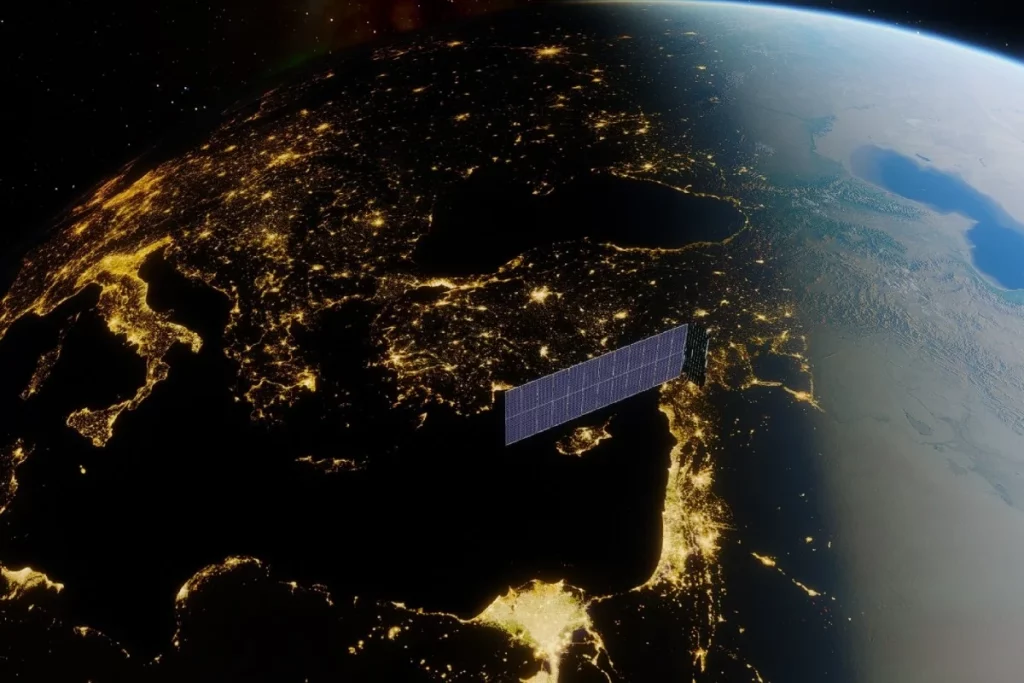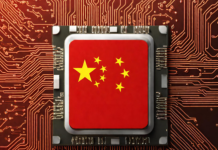China has accelerated its efforts in the space technology sector, marking a new chapter in the global race for satellite-based internet services. This development comes as China’s G60 megaconstellation satellite initiative in Shanghai moves into production, directly challenging SpaceX‘s Starlink program.
The G60 satellites will go up against Tesla’s Starlink
Located in the G60 Starlink industrial base, the new digital-production plant in Shanghai, backed by the municipal government, has started rolling out commercial satellites. This advancement is part of China’s broader strategy to strengthen its position in the commercial satellite market, which is increasingly viewed as a key area in technological innovation and international competition.

With plans to launch and operate at least 108 satellites by 2024, the factory aims to establish a competitive global industry chain by 2027. The factory’s impressive production capacity of 300 satellites per year marks a significant step forward, drastically reducing the satellite building time from months to just a day and a half.
However, it’s important to note that China’s production rate is still behind SpaceX’s Starlink, which produces six satellites daily. This gap highlights the competitive nature of the sector and the challenges China faces in catching up with established players.
China’s ambitious G60 Starlink project, alongside the Guo Wang national network, showcases the country’s determination to match and potentially surpass Elon Musk‘s Starlink. The G60 project, which began in 2016, has gained momentum with the Shanghai government’s support and the strategic importance of the Yangtze River Delta region’s high-tech manufacturing capabilities.
With the aerospace information industry expected to grow significantly by 2025, China’s foray into this sector is more than just a technological endeavor; it’s a strategic move in the global economic landscape. The G60 megaconstellation is not only a feat in satellite technology but also a critical component in an industrial chain that includes data services, artificial intelligence, and deep learning, essential for processing vast amounts of data from satellites.
This development points towards the growing importance of satellite-based internet services and the intensifying global competition to dominate this burgeoning market. As China continues to push forward, the world watches to see how this race will shape the future of global internet connectivity and technological supremacy.
RELATED:
- Keychron Q1/Q65 Max mechanical keyboards launched in China, pricing starts at 1118 Yuan ($157)
- China’s Xiaomi Unveils its First Electric Car – The Xiaomi SU7
- Get latest Oneplus 12 Phone for $699 on Geekwills
- Xiaomi 13 Ultra Premium Camera Phone is now only $799
(Via)






